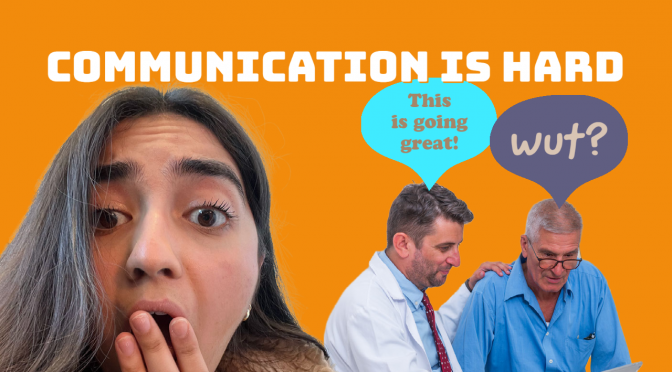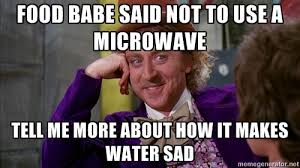Podcast: Play in new window | Download (Duration: 55:14 — 50.6MB)
Subscribe: Spotify | RSS | More
Communication skills are just as important as medical knowledge and clinical skills
- M3 Ananya, M3 Eric, MD/PhD student Madi, and our admissions guru Rachel talk about communication skills and their importance for patient outcomes, professional development and advancement, and career satisfaction.
- Whether it’s patients reviewing their notes in the electronic health record, residents passing on knowledge to students, providers empathetically communicating findings and plans to patients with no scientific background, or scientists collaborating professionally with their colleagues, everything depends on this thing that humans do all the time–with varying degrees of success.
- Meanwhile, some students may see these as “soft” skills, giving less importance to them than grades on exams or their scores on boards.
[URL template for episode https://media.blubrry.com/theshortcoat/podcast.uiowa.edu/com/osa/CHANGETHIS.mp3]
We Want to Hear From You: YOUR VOICE MATTERS!
No matter where you fall on any spectrum, we want your thoughts on our show. Do you agree or disagree with something we said today? Did you hear something really helpful? Are we delivering a podcast you want to keep listening to? We’ll be sure your ideas are heard by all–leave a message at 347-SHORTCT (347-746-7828) and we’ll put your message in a future episode (use *67 to be an “Unknown caller”).
We want to know more about you: Take the Listener Survey


